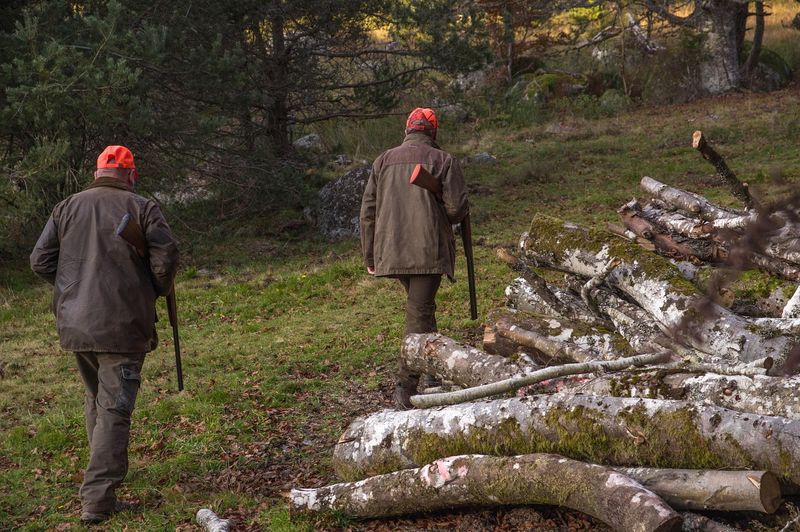
Hunters on the Frontline: How They Help Stop African Swine Fever
Hunters are key players in preventing the spread of African swine fever (ASF) by spotting early cases, reporting wild boar deaths, and following biosecurity rules.
Why Hunters Matter in ASF Prevention
African swine fever is a deadly disease that spreads quickly among wild boars and domestic pigs. There’s no vaccine or cure, so stopping the disease depends on early action. Hunters are often the first to encounter infected wild animals. That makes them essential for early reporting and slowing the spread.
In Switzerland, authorities have trained hunters to identify and report wild boar carcasses. These reports help experts detect outbreaks early and act fast to contain the virus.
Croatia Orders Full Wild Boar Culling
In Croatia, the government has taken even more direct action. The Ministry of Agriculture ordered the complete culling of wild boars in regions where ASF is spreading—specifically Vukovarsko-srijemska and Osječko-baranjska counties.
“This may feel like a step backward in the short term,” said Minister David Vlajčić, “but long term, we’re building a better system.” He emphasized that hunters are already stepping up. From April to July 2025, 108 wild boars were culled, including 61 in the last two weeks alone.
Hunters aren’t acting alone—support from the government includes compensation and help for farmers who follow the rules on biosecurity.
Smart Hunting and Biosecurity Go Hand in Hand
Controlling ASF isn’t just about numbers—it’s also about how the hunt is done. If carcasses are mishandled or equipment isn’t cleaned properly, the virus can spread through mud, blood, or tools.
A recent study in June 2025 explains how wild boar movements change with hunting seasons and how this affects ASF transmission. It shows that well-timed, responsible hunting practices can limit those risks.
Training and Communication Make the Difference
In Russia’s Samara Oblast, researchers looked into how well hunters understood ASF. The findings were clear: awareness is high, but better instructions and communication from authorities are needed. When hunters are educated, they can act fast and avoid mistakes that make outbreaks worse.
This reinforces the idea that giving hunters the right tools, knowledge, and support turns them into key allies—not just shooters, but protectors of public and animal health.
Final Thoughts
Whether through early reporting, responsible hunting, or government-backed culling operations, hunters are on the frontlines of ASF prevention. With continued training, clear communication, and strong policies, their role will only grow in importance as countries like Croatia, Switzerland, and Russia fight to contain the spread.
Sources:
